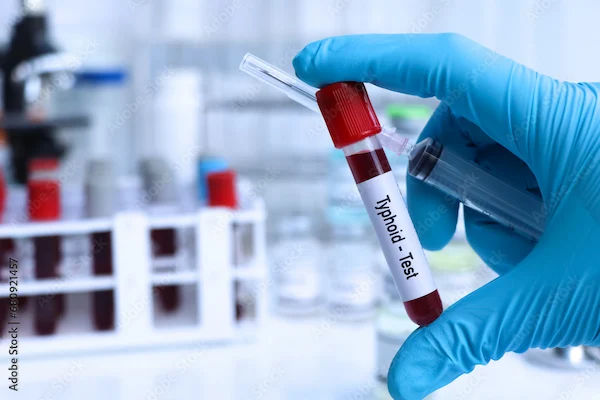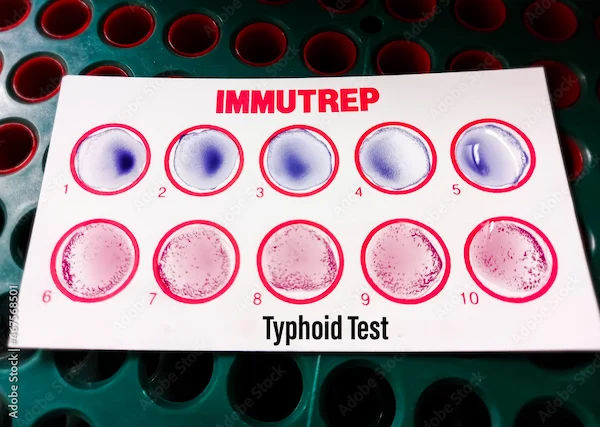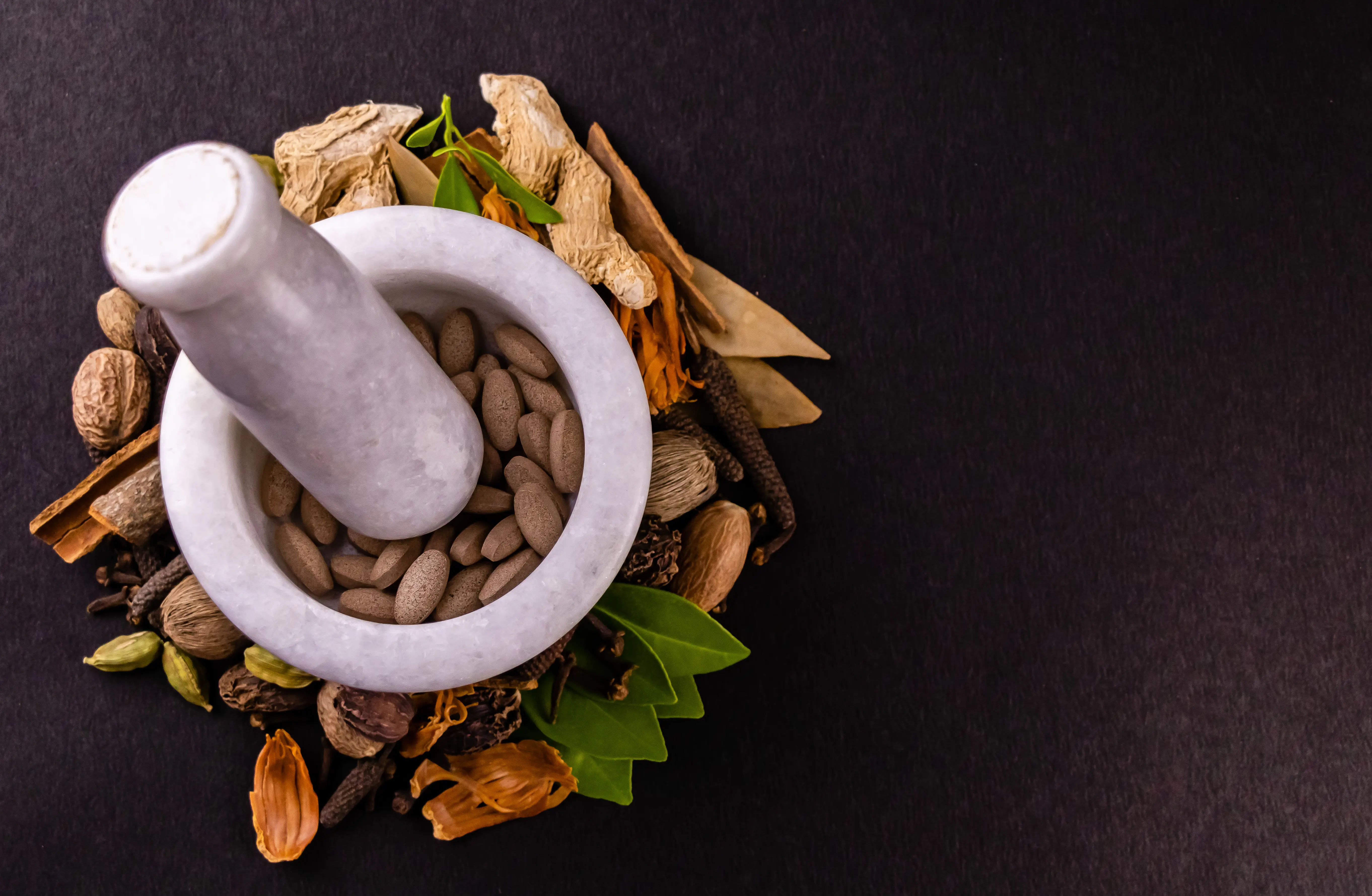Understanding the Meaning of Hemoptysis
Understand the meaning of hemoptysis, which is coughing up blood. Learn about its diverse causes, from minor irritations to serious underlying conditions, and why it's a symptom that always warrants immediate medical attention.

Written by Dr. Mohammed Kamran
Reviewed by Dr. Rohinipriyanka Pondugula MBBS
Last updated on 19th Aug, 2025

Hemoptysis is a medical term that might sound intimidating, but it simply refers to coughing up blood or blood streaked mucus from the lungs or respiratory tract. While it can be alarming, not all cases of hemoptysis are serious. However, it should never be ignored, as it can sometimes indicate an underlying health issue that needs attention.
In this article, we’ll break down what hemoptysis means, its possible causes, symptoms to watch for, and when to seek medical help. We’ll also share some tips on managing the condition and when to consult a doctor.
What Is Hemoptysis?
Hemoptysis occurs when you cough up blood that originates from your lungs or airways. The blood may appear bright red, pink, or rust colored, and it might be mixed with mucus. It’s important to distinguish hemoptysis from other conditions where blood may come from the nose, throat, or stomach (such as vomiting blood, known as hematemesis).
Common Causes of Hemoptysis
Several conditions can lead to hemoptysis, ranging from mild to severe. Some common causes include:
- Bronchitis or Pneumonia – Infections in the lungs or airways can cause irritation and bleeding.
- Tuberculosis (TB) – A bacterial infection that primarily affects the lungs.
- Chronic Obstructive Pulmonary Disease (COPD) – Long Term lung diseases like emphysema or chronic bronchitis.
- Lung Cancer – Tumors in the lungs may cause bleeding.
- Pulmonary Embolism – A blood clot in the lungs.
- Bronchiectasis – A condition where the airways become damaged and widened, leading to infections and bleeding.
- Injury or Trauma – Physical damage to the chest or lungs.
- Autoimmune Diseases – Conditions like vasculitis can affect blood vessels in the lungs.
Consult Top Physician
Symptoms Associated with Hemoptysis
Coughing up blood is the primary symptom, but other signs may accompany it, depending on the underlying cause:
- Persistent cough
- Chest pain
- Shortness of breath
- Fever or chills (if due to infection)
- Fatigue or weakness
- Weight loss (if related to chronic illness like TB or cancer)
If you experience any of these symptoms along with hemoptysis, it’s important to seek medical advice promptly.
When Should You See a Doctor?
While small amounts of blood tinged mucus may not always be serious, certain situations require immediate medical attention:
- Coughing up large amounts of blood (more than a few teaspoons)
- Blood in mucus that persists for more than a week
- Accompanied by severe chest pain, dizziness, or difficulty breathing
- History of smoking, lung disease, or cancer
A doctor will likely perform tests such as a chest Xray, CT scan, bronchoscopy, or blood tests to determine the cause.
Managing Hemoptysis
The treatment depends on the underlying cause, but here are some general tips:
- Stay Hydrated – Drinking water helps keep mucus thin and reduces irritation.
- Avoid Smoking – Smoking worsens lung conditions and increases bleeding risk.
- Use a Humidifier – Moist air can soothe irritated airways.
- Follow Prescribed Medications – If an infection is the cause, antibiotics may be needed.
- Rest and Avoid Strain – Heavy coughing can worsen bleeding, so rest is important.
When to Seek Emergency Care?
If you cough up a significant amount of blood or experience severe symptoms like difficulty breathing, fainting, or chest pain, seek emergency medical help immediately.
Book a Consultation with Apollo 24|7
If you or a loved one is experiencing hemoptysis, it’s best to consult a healthcare professional. You can easily book a consultation or schedule diagnostic tests through Apollo 24|7 for expert guidance and timely care.
Final Thoughts
Hemoptysis can be a frightening experience, but understanding its causes and knowing when to seek help can make a big difference. While some cases are minor, others may require medical intervention. Always prioritize your health and consult a doctor if you’re unsure.
Stay informed, stay healthy!
Consult Top Physician
Consult Top Physician

Dr. Mohamed Azeem
General Physician/ Internal Medicine Specialist
2 Years • MBBS,MD(Internal Medicine) CCEBDM
Karaikudi
Apollo Hospitals Karaikudi, Karaikudi

Dr. Sandhya Chandel
General Physician/ Internal Medicine Specialist
16 Years • MBBS, MD (Int. Med.), IDCCM
Bilaspur
Apollo Hospitals Seepat Road, Bilaspur
(100+ Patients)

Dr. Bhukya Pavan Kalyan
General Physician
5 Years • MBBS DNB Paediatrics
Bengaluru
PRESTIGE SHANTHINIKETAN - SOCIETY CLINIC, Bengaluru

Dr. Harshendra Jaiswal
General Physician/ Internal Medicine Specialist
12 Years • MBBS , MD (General medicine)
Kolkata
108 DHANA DHANVANTARI Clinic, Kolkata
(25+ Patients)

Dr Syed Mateen Pasha
General Physician
2 Years • MBBS
Bengaluru
PRESTIGE SHANTHINIKETAN - SOCIETY CLINIC, Bengaluru
Consult Top Physician

Dr. Mohamed Azeem
General Physician/ Internal Medicine Specialist
2 Years • MBBS,MD(Internal Medicine) CCEBDM
Karaikudi
Apollo Hospitals Karaikudi, Karaikudi

Dr. Sandhya Chandel
General Physician/ Internal Medicine Specialist
16 Years • MBBS, MD (Int. Med.), IDCCM
Bilaspur
Apollo Hospitals Seepat Road, Bilaspur
(100+ Patients)

Dr. Bhukya Pavan Kalyan
General Physician
5 Years • MBBS DNB Paediatrics
Bengaluru
PRESTIGE SHANTHINIKETAN - SOCIETY CLINIC, Bengaluru

Dr. Harshendra Jaiswal
General Physician/ Internal Medicine Specialist
12 Years • MBBS , MD (General medicine)
Kolkata
108 DHANA DHANVANTARI Clinic, Kolkata
(25+ Patients)

Dr Syed Mateen Pasha
General Physician
2 Years • MBBS
Bengaluru
PRESTIGE SHANTHINIKETAN - SOCIETY CLINIC, Bengaluru




